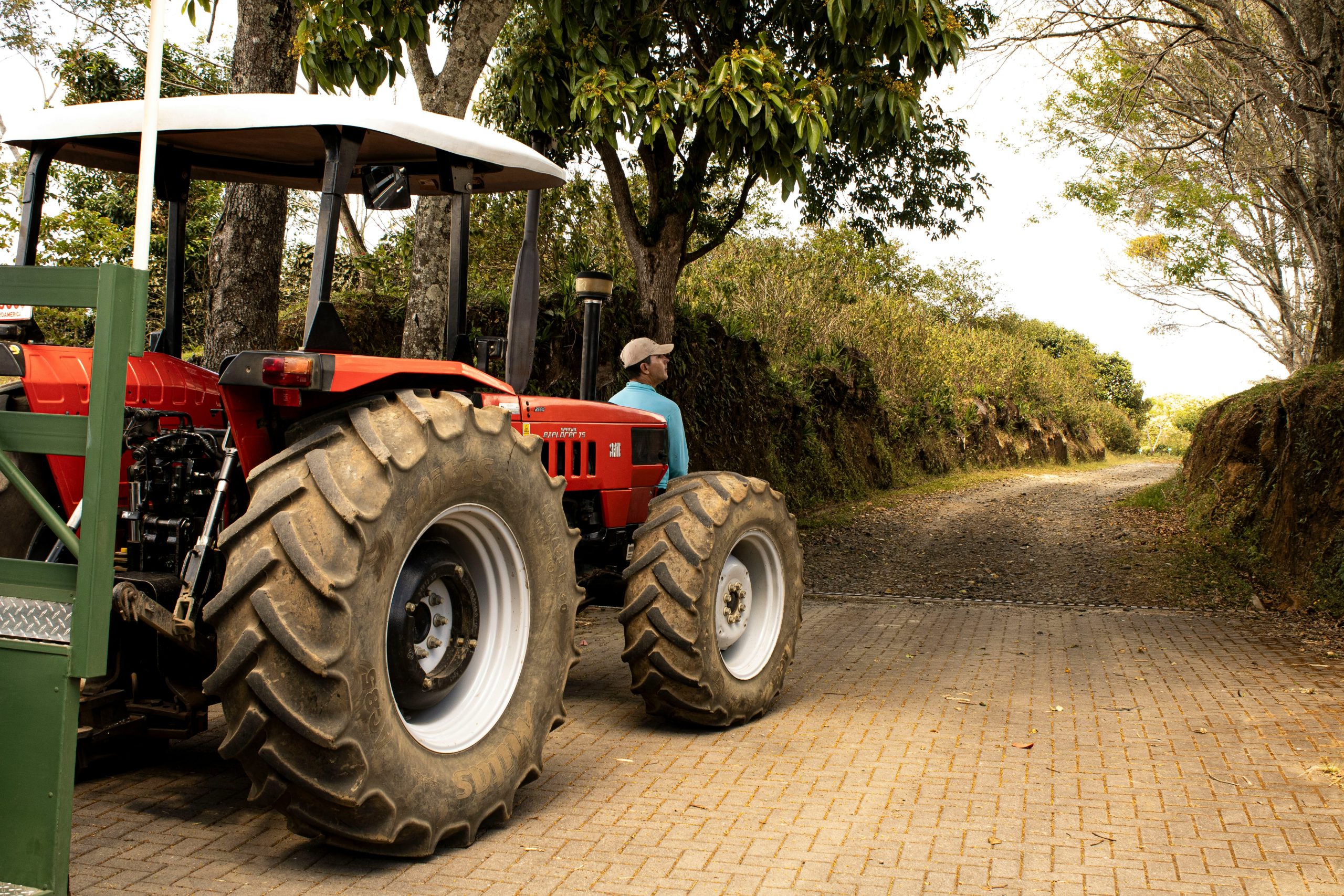A published article based on the Future of Nature in Sarapiquí Transdisciplinary Initiative.
Authors
Mohammad Selim Reza, Naznin Sultana, Selene Murillo Vega & Gabriela Sabau
To cite this article: Mohammad Selim Reza, Naznin Sultana, Selene Murillo Vega & Gabriela Sabau (15 Mar 2025): Agroecology: the science and art of building sustainable agri-food systems. A case study from Costa Rica, Agroecology and Sustainable Food Systems, DOI: 10.1080/21683565.2025.2476176
To link to this article: https://doi.org/10.1080/21683565.2025.2476176
Abstract
The process of change taking place in most countries’ agricultural and food systems has seen a revival of alter-native forms of farming, like agroecology, aiming to replace the environmentally destructive practices of conventional agriculture and produce real and nutritious food. This case study analyzes the process of transition of a small-scale farm located in Costa Rica from conventional farming (using heavy machinery, synthetic chemicals, and fossil fuels) to a carefully integrated, resilient, sustainable and self-sustaining organic, agro-socio-ecological system. It uses UN FAO’s (Food and Agricultural Organization of the United Nations) Tool for Agroecology Performance Evaluation (TAPE) with 10 agroecological elements (diversity, synergies, efficiency, recycling, resilience, culture and food traditions, co-creation and sharing of knowledge, human and social values, circular and solidarity economy, and responsible governance) to assess the farm’s ecological, social and economic performance. Results show that this farm is strong in efficiency, culture and food tradition, co-creation and sharing of knowledge, diversity, and resilience. The average score of the 10 elements is 92.29%, indicating an advanced level of transition to agroecology of the farm. While this score is high, the farm has encountered certain challenges, namely lack of consistent financial and policy support from the government, costly procedures for products and processes certification, and lack of awareness about the benefits of this sustainable farming system.
The study recommends that more transdisciplinary research and comparative studies between conventional and agroecological farming are needed to move more agrifood systems toward sustainability.

